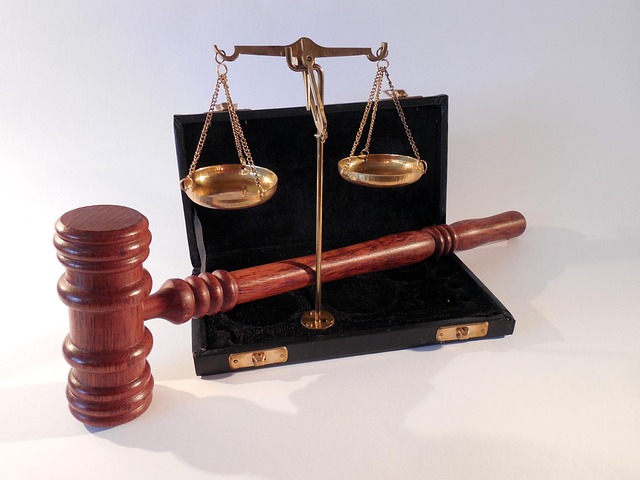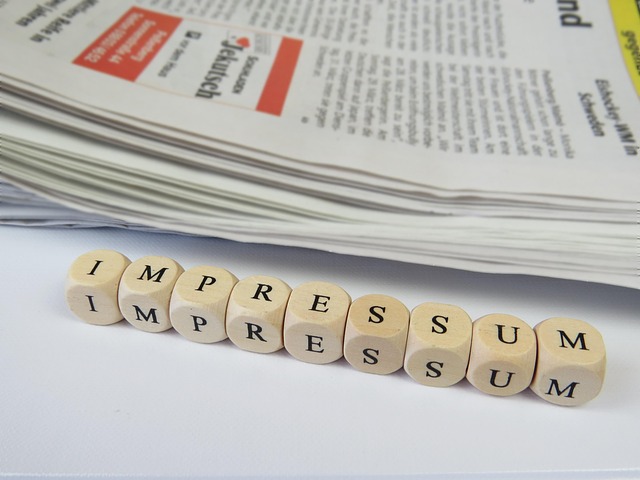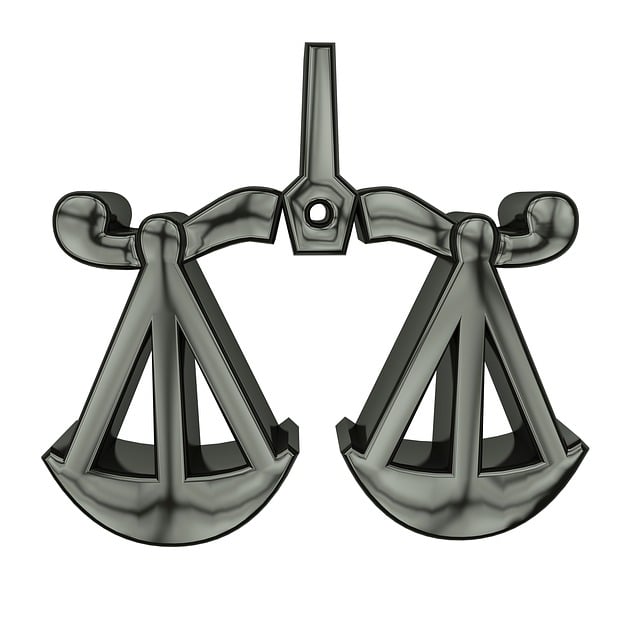Financial crime probes, led by regulatory bodies and law enforcement, expose unethical practices within institutions. These investigations are crucial for maintaining fair market conduct and investor protection. Legal Action for Unfair Workplace Practices facilitates legal redress for employees affected by financial crimes like embezzlement and fraud, upholding public trust. A robust legal framework, including gathering information, reconstructing events, and strategic legal arguments, deters potential criminals and strengthens cases against businesses accused of unfair practices. Proactive legal measures can lead to the dismissal of charges, showcasing the effectiveness of thorough investigations and strategic defenses. Building a fair and ethical work environment through transparent policies and respect for employees prevents financial crime probes and encourages Legal Action for Unfair Workplace Practices.
In the dynamic landscape of finance, uncovering unethical practices is paramount. This article delves into the intricate world of finance crime probes, focusing on how to identify, address, and prevent unfair workplace actions. From understanding the legal framework that shields employees to exploring successful case studies of legal action against financial misdeeds, we provide a comprehensive guide. Additionally, we discuss strategies for investigation and offer insights into building a fair, ethical work environment, empowering professionals to navigate this complex domain effectively.
- Understanding Finance Crime Probes: Uncovering Unethical Practices
- Legal Framework: Rights and Remedies for Employees
- Strategies for Investigating Unfair Workplace Actions
- Case Studies: Successful Legal Action Against Financial Misdeeds
- Preventive Measures: Building a Fair and Ethical Work Environment
Understanding Finance Crime Probes: Uncovering Unethical Practices

Finance crime probes delve into unethical practices within financial institutions, exposing a web of deception that often involves complex schemes and sophisticated white-collar offenses. These investigations, conducted by regulatory bodies and law enforcement across the country, are crucial in upholding fair market conduct and protecting investors from malicious acts. By uncovering insider trading, fraud, money laundering, and other financial crimes, these probes not only serve as deterrents but also facilitate legal action for unfair workplace practices that erode public trust.
White-collar defense attorneys play a significant role in navigating these labyrinthine cases, representing individuals and entities facing charges related to white collar and economic crimes. Their expertise is vital in mitigating penalties, ensuring due process, and defending against allegations, especially as the consequences of conviction can be severe, impacting not only personal freedom but also the stability of entire organizations.
Legal Framework: Rights and Remedies for Employees

In many countries, a robust legal framework protects employees from unfair workplace practices and provides them with rights and remedies when such practices occur. This includes protections against financial crimes, such as embezzlement, fraud, and misuse of company funds, which can be particularly damaging to employees and the broader organization. Legal action for unfair workplace practices can take various forms, including civil lawsuits, where employees can seek compensation for losses incurred due to illegal activities. These cases often involve complex financial investigations, requiring specialized legal expertise in both criminal and civil law.
The legal framework also extends to regulatory bodies that oversee financial institutions and business operations across the country. In high-stakes cases involving significant financial crimes, general criminal defense strategies may not suffice. Employees who suspect or experience such injustices have recourse through these official channels, ensuring that their rights are upheld and that perpetrators face consequences for their actions. This robust system aims to maintain fairness and integrity in the workplace, deterring potential criminals from engaging in financial misconduct.
Strategies for Investigating Unfair Workplace Actions

Investigating unfair workplace actions requires a meticulous approach to uncover evidence and ensure justice for affected individuals. The first step is to dive into gathering information from all relevant sources, including employees, former workers, and company documents. This initial phase involves reviewing policies, contracts, performance records, and any communication that might reveal discriminatory or retaliatory behaviors. An unprecedented track record of similar incidents within the organization can serve as compelling evidence during legal proceedings for unfair workplace practices.
Once key pieces of information are identified, investigators should systematically reconstruct events, mapping out the timeline and actions taken by both parties. This process aids in identifying patterns and potential legal violations. Throughout the all stages of the investigative and enforcement process, it is crucial to maintain comprehensive documentation, ensuring that every step is legally sound and defendable. Engaging a competent general criminal defense attorney can provide strategic insights, especially when navigating complex employment laws, thereby strengthening the case for legal action against unfair workplace practices.
Case Studies: Successful Legal Action Against Financial Misdeeds

In the realm of finance crime probes, successful legal action against financial misdeeds serves as a beacon of hope for victims and a deterrent for potential offenders. Case studies highlight numerous instances where proactive legal measures have led to complete dismissal of all charges against the respective business entities, demonstrating the effectiveness of robust investigative and enforcement processes. These actions not only rectify unfair workplace practices but also send a strong message that financial crimes will not be tolerated.
Through meticulous documentation, thorough investigations, and strategic legal arguments, prosecutors have successfully navigated all stages of the investigative and enforcement process. This includes gathering compelling evidence, interviewing witnesses, and presenting a watertight case in court. The outcome often results in not only the cessation of illegal activities but also substantial penalties and restorative measures, ensuring justice for victims and the broader financial ecosystem.
Preventive Measures: Building a Fair and Ethical Work Environment

Building a fair and ethical work environment is paramount in preventing finance crime probes. This involves establishing robust policies that promote transparency, accountability, and respect for all employees. Companies should ensure their practices adhere to legal standards and industry best practices, fostering a culture where every employee feels valued and empowered to report potential unethical behavior.
Promoting fairness and ethics means implementing measures that prevent discrimination, harassment, or any form of unfair treatment. This includes providing clear guidelines on compensation, promotion opportunities, and performance evaluations, ensuring they are based solely on merit. By creating a safe and supportive workplace culture, organizations can deter criminal activities and encourage employees to take legal action for unfair workplace practices, ultimately leading to the complete dismissal of all charges in case of investigations.
In conclusion, understanding finance crime probes and their implications is paramount in navigating the complex landscape of ethical business practices. By recognizing unethical conduct, leveraging the legal framework in place, and adopting effective investigational strategies, employees can combat unfair workplace actions. The success of case studies highlights the potential for positive change through legal action for unfair workplace practices. Ultimately, preventive measures focusing on cultivating a fair and ethical work environment are key to avoiding these issues and ensuring long-term success for any organization.






